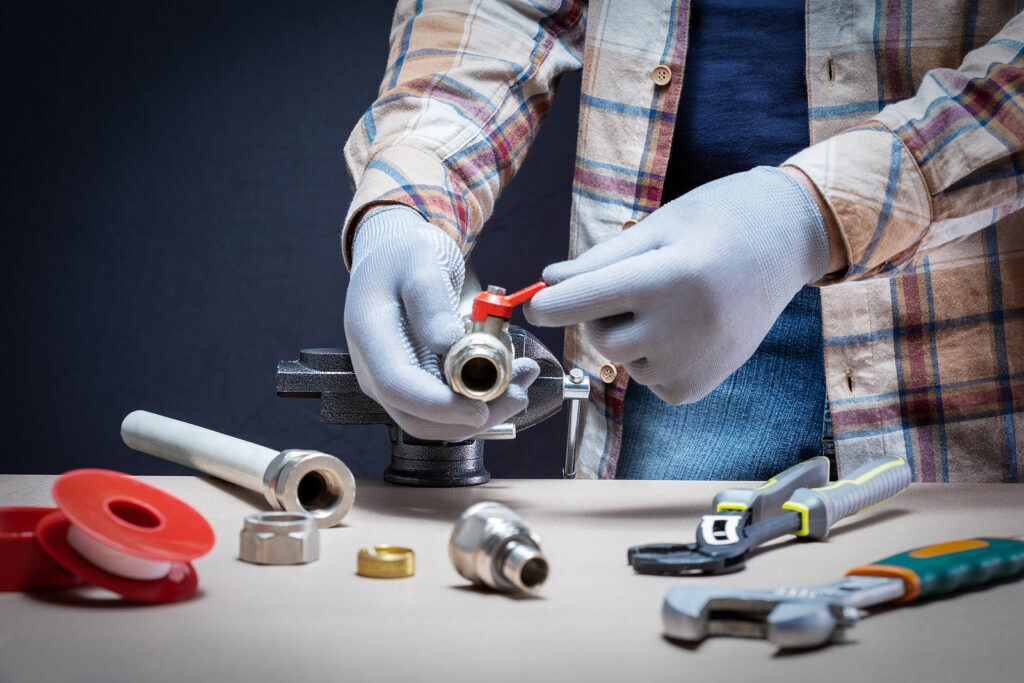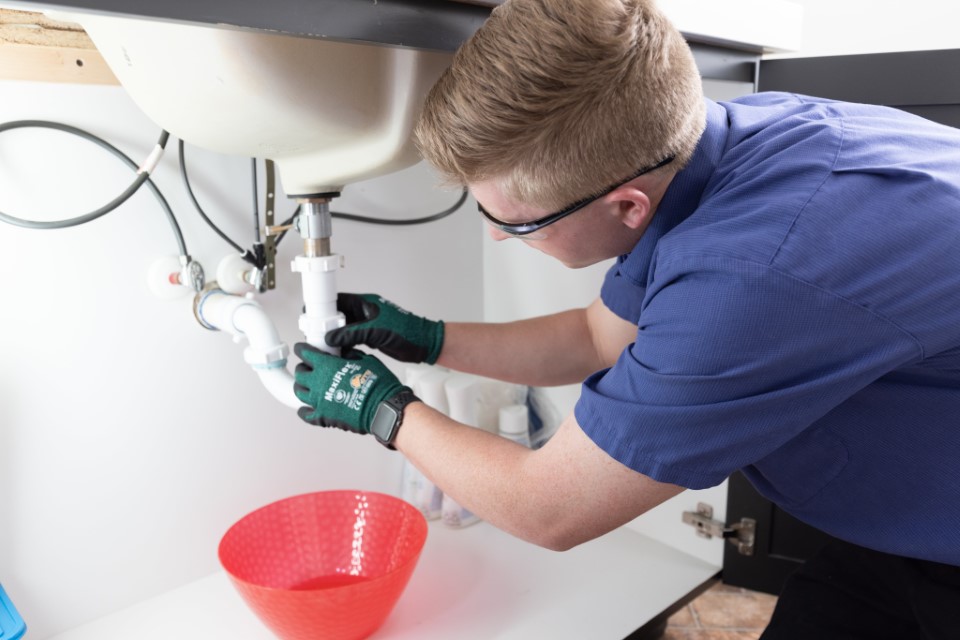Fast Plumbing Tips for Emergencies Until Professional Help Arrives
Fast Plumbing Tips for Emergencies Until Professional Help Arrives
Blog Article
Were you hunting for help and advice around Expert Tips for Managing a Plumbing Emergency Until Help Arrives?

Plumbing emergencies can strike at any moment, triggering tension and potential damage to your home. Whether it's a burst pipeline, a clogged up drainpipe, or a dripping tap, recognizing exactly how to handle the circumstance up until a professional plumber gets here can conserve you from more issues. This post offers vital emergency plumbing pointers to aid you alleviate damage and restore control during a pipes situation.
Shut off the Supply Of Water
The initial step in any kind of plumbing emergency situation is to turn off the supply of water. For localized concerns, such as a dripping faucet or toilet, switch off the shutoff near the fixture. In the case of a significant leakage or burst pipeline, situate your home's primary water shut-off valve and transform it off right away. Knowing the area of these shutoffs beforehand can conserve useful time during an emergency situation.
Shut Off Your Hot Water Heater
In specific emergencies, such as a ruptured pipe, it's wise to shut down your water heater. This prevents getting too hot or damage to the device when water stops flowing. Shut off the power supply to the water heater (electrical or gas) and let it cool down to prevent potential threats.
Briefly Quit a Ruptured Pipe
A ruptured pipe can cause significant water damages in minutes. To minimize the problem:
Call a specialist plumbing quickly to deal with the trouble permanently.
Have an Emergency Situation Plumbing Set
Prepare a standard plumbing emergency situation package to handle minor concerns efficiently. Your package should include:
Having these tools handy can make a substantial difference in your capability to take care of emergencies.
Unclog Drains Pipes Securely.
A clogged drain can be an irritating and messy issue. Right here's just how to tackle it:.
If these methods do not function, stay clear of making use of too much force, as it may aggravate the obstruction.
Handle Overflowing Toilets.
An overruning commode can create prompt chaos. Here's what you should do:.
Address Little Leakages with Momentary Repairs.
Little leaks can quickly become substantial troubles if left uncontrolled. Utilize these momentary repairs until professional aid gets here:.
While these fixes aren't permanent, they can aid lessen water loss and damage.
Handle Frozen Piping Carefully.
In cooler climates, frozen pipelines are a typical emergency. If you believe an icy pipe:.
Know When to Call an Expert.
While quick fixes can assist temporarily, particular plumbing concerns need immediate expert attention. Call a plumbing professional if:.
Immediately contacting an expert ensures the problem is settled properly and protects against further difficulties.
Prevent Additional Damages.
Taking quick activity to minimize damage can conserve you time and money in the future. Here's exactly how:.
Verdict.
Plumbing emergencies can be frustrating, yet with the right knowledge and devices, you can take care of the situation effectively until assistance shows up. By switching off the water supply, dealing with little leakages, and making use of short-lived fixes, you can reduce damages and keep your home safe. Keep in mind, these pointers are temporary services; always speak with an accredited plumbing professional to handle the root cause of the issue. Prep work and quick reasoning are your finest allies in any pipes emergency situation.
8 Helpful Tips for Managing Plumbing Emergencies at Home
If your plumbing system hasn’t failed once, wait for it because almost everyone has a story to tell. Sometimes, it could be simple emergencies such as a leaking pipe, a blocked cistern, or even a big burst pipe. In situations like this, you need to have some handy tips to save you some money and from possible damages.
Take care of minor issues early.
Sometimes, you could have avoided an emergency by taking proactive measures while it was still early. Some major plumbing emergencies can be a result of an ignored minor issue. We recommend that you have items like plumbing tapes and other related items. A plumbing tape can allow you to manage minor leaks before the plumber arrives.
Cut off the water supply.
This tip is essential in almost any type of leakage problem. For problems like minor leakages in the toilet or kitchen, turn off the supply that takes water to the affected pipes. If the leakage is a major pipe, you must shut off the supply valve to the entire building. This will help you avoid flooding your home and neighbors if you share a flat.
Know your plumbing system
Folks typically move into a new apartment without understanding the water supply around the building. This can prove disastrous if a water emergency arises and the plumber is far away. The previous tip will prove useless if you don’t practice this one. More importantly, know where your water shut-off valve is located – you’ll need that knowledge to prevent potential home floods.
Have some common handy tools
There are lots of plumbing emergencies that you can handle without hiring a plumber. That’s why you must keep some tools available always. Some tools that you can use to fix simple plumbing emergencies easily include plumbing tapes, screwdrivers, thread seal tapes, plungers, pliers, tape measures, and rubber gloves.
Insulate your pipes from cold
You’ll save yourself from many plumbing expenses if you protect your water pipes from the cold. This is because of the harmful effects that cold weather can have on your pipes. During winter, your pipes can burst from being overly expected to freezing temperatures. So, make sure insulators are there to keep the pipes working correctly.
Avoid practices that will clog your toilet.
Many people indulge in practices that can damage the plumbing system of the entire building. One of these is when they use their toilet to dispose-off garbage. They flush all kinds of things, such as paper towels, bandages, hairs, female sanitary products, etc., down the toilet. This will block your toilet in the long run, incurring unnecessary expenditures. Dump such waste in the trash instead.
Check your dials regularly.
Sometimes, there could be leakages in your home without noticing them in time. So, constantly monitor your water meter dial. If the dial is reading when there is nobody using water, this is an indicator that there is leaking. Check for leaks immediately. Call a plumber as soon as possible if you can’t find any.
https://www.constructionplacements.com/8-helpful-tips-for-managing-plumbing-emergencies-at-home/

I discovered that blog posting about Expert Tips for Emergency Plumbing Repairs while doing a search on the internet. Those who appreciated our post plz be sure to share it. Thanks a bunch for your time. Please stop by our blog back soon.
Schedule Now! Report this page